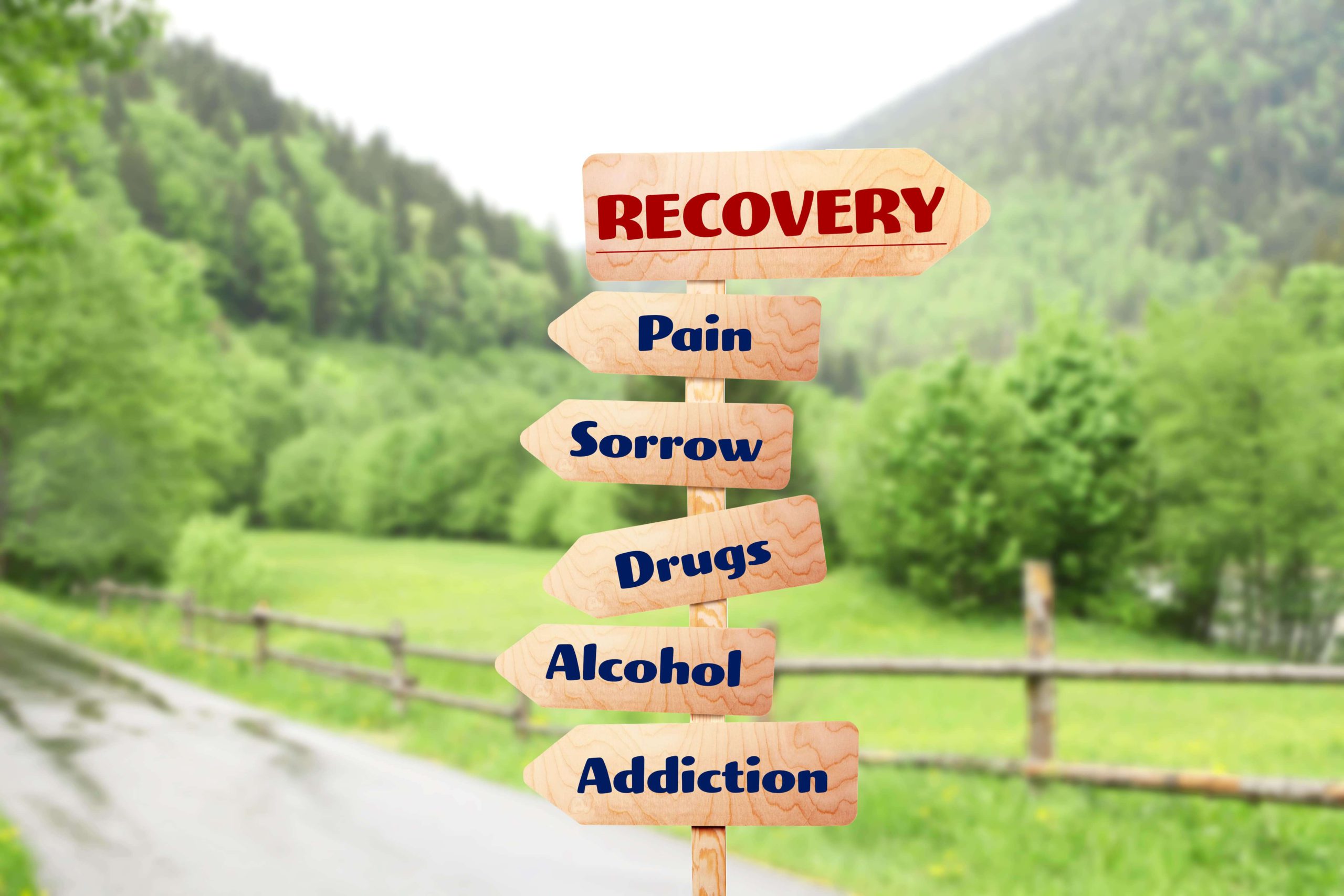Many who struggle with recurring patterns of substance abuse never thought they’d end up trapped in the cycle of addiction. Addiction can happen to anyone and can be challenging to escape. Some may successfully quit their drug of choice, only to start using again after something triggers the cycle to restart. Despite the tight grip addiction may have on your life, breaking free from an addictive substance or behavior is possible.
The Cycle of Addiction
Understanding the cycle of addiction and how it plays a role in your life is essential to recovery. The cycle may manifest differently for each individual, but it generally looks something like this:
1. Anxiety, stress, trauma, or other emotional pain triggers an episode of emotional distress.
2. The symptoms of this distress are intense and overwhelming, leading you to reach for an addictive substance or behavior (like drugs, alcohol, gambling, etc.) as a coping mechanism.
3. The substance or behavior you use provides some immediate relief but doesn’t last.
4. You fall into a pattern of repeated and uncontrolled use that takes over your life.
5. You may temporarily stop using because of feelings of guilt and shame, but the symptoms of withdrawal, combined with other triggers, cause you to use again.
6. The cycle repeats.
Addiction starts as a way to cope with pain. Most individuals afflicted with this struggle don’t start off trying to develop an addiction — they’re simply trying to cope with something difficult in their lives. The good news is that addiction is treatable. The information below can better equip you or a loved one to develop healthy recovery strategies and leave addiction behind for good.
Identify Your Triggers
One of the most important things you can do to stop the cycle is to identify the trigger (or triggers) that causes you to use an addictive substance. Take some time for self-reflection. Are you experiencing stress at work or in your marriage? Are you wrestling with unresolved trauma? Are there people in your life causing drama or emotional distress? Identifying these stressors on your own or with the help of a therapist is the first step to minimizing their impact on your life.
After identifying stressors, you can explore ways to eliminate them. Maybe it’s time to part ways with toxic people in your life, begin marriage counseling, or begin looking for a less stressful job. While these options may not be possible for every person, examining stressors is an essential first step in recovery.
Develop Substitute Behaviors
Finding alternative behaviors is a crucial part of breaking the cycle of addiction. Rather than reaching for an addictive substance or engaging in harmful behavior, develop new activities and outlets you can pursue when something triggers you. Some examples might include:
- Expressing your feelings creatively through art therapy, journaling, or music.
- Allowing yourself to explore your feelings through mindfulness exercises like meditation or yoga.
- Getting regular exercise and eating healthy.
- Finding a hobby that allows you to focus your attention on a worthwhile pursuit.
- Pursue social activities with sober people.
Once addiction takes hold, it is extremely difficult to stop the behavior without professional help. Consider attending addiction treatment and counseling sessions to help you stay on track.
Build Community
Many people who’ve struggled with addiction have regained control of their lives and want to help others find the same freedom. Identify support groups and treatment centers in your area where you can get support from others knowledgeable about addiction. Find a therapist experienced in working with people recovering from addiction and be honest with them about your struggles. Therapy, detoxification centers, residential rehab, and general recovery support can provide you with tools to build an addiction-free life.
Identify people in your life you can be honest with about your addictive behaviors and who will be there for you if you need a little extra help. Equally critical, distance yourself from individuals who encourage or enable your addictive behavior. Having trusted family and friends or a sponsor you can turn to when times are tough can prevent you from relapsing.
Be Kind to Yourself
Throughout the recovery journey, remember that you deserve love and respect. Breaking free from addiction is no easy task, but the result of living a healthy life on your own terms is worth the work. Don’t punish yourself for struggling or relapsing. Identify where things went wrong, then try again. Breaking the cycle takes time and effort. By developing a routine that includes the tools outlined above and sticking to it, you can break the cycle of addiction once and for all.
Nobody should have to navigate the cycle of addiction alone. Contact us today to learn how New England Medical Group’s team of caring professionals is ready to help you break the chains of addiction and live a healthy, fulfilling life.



